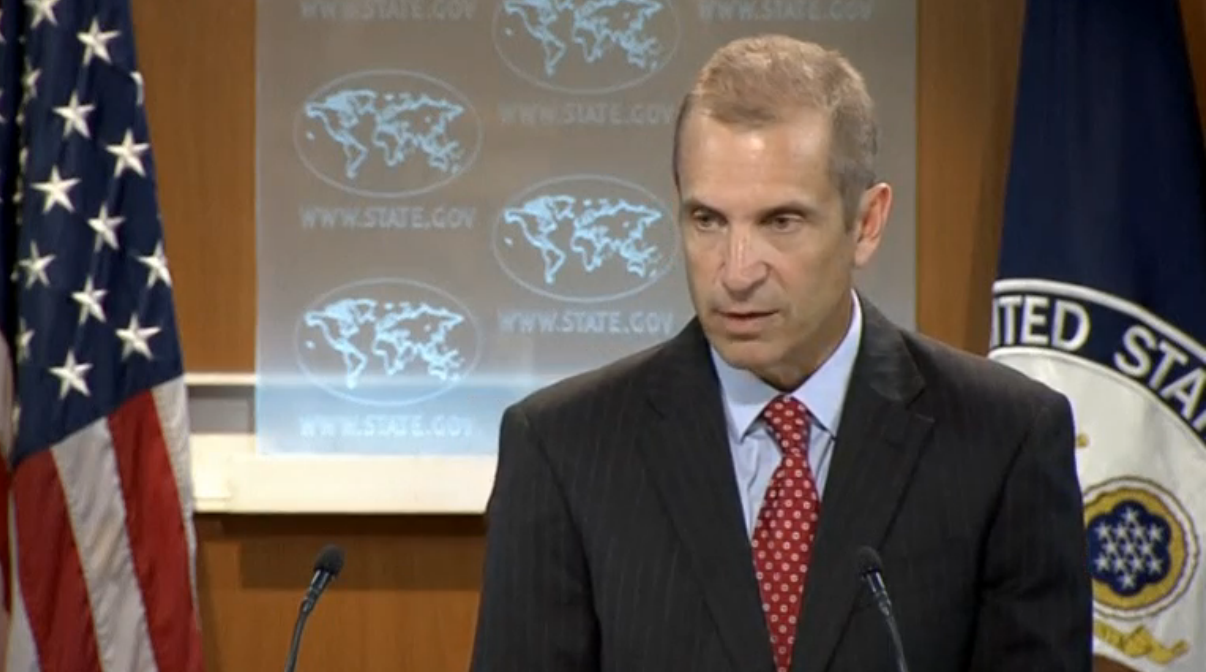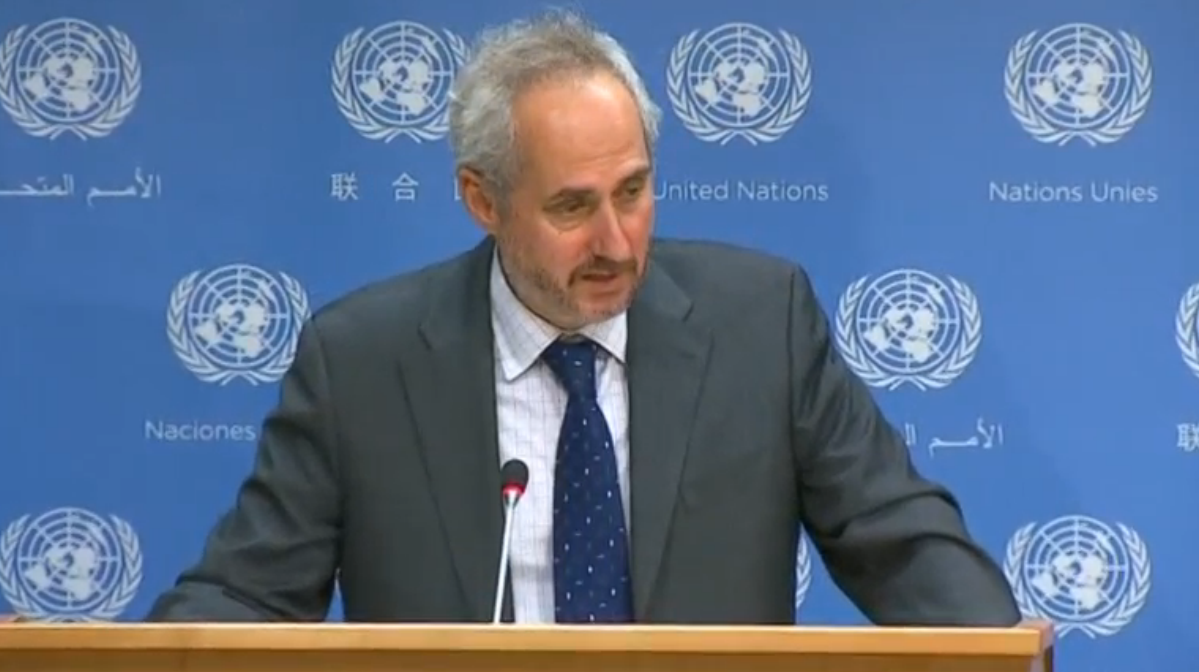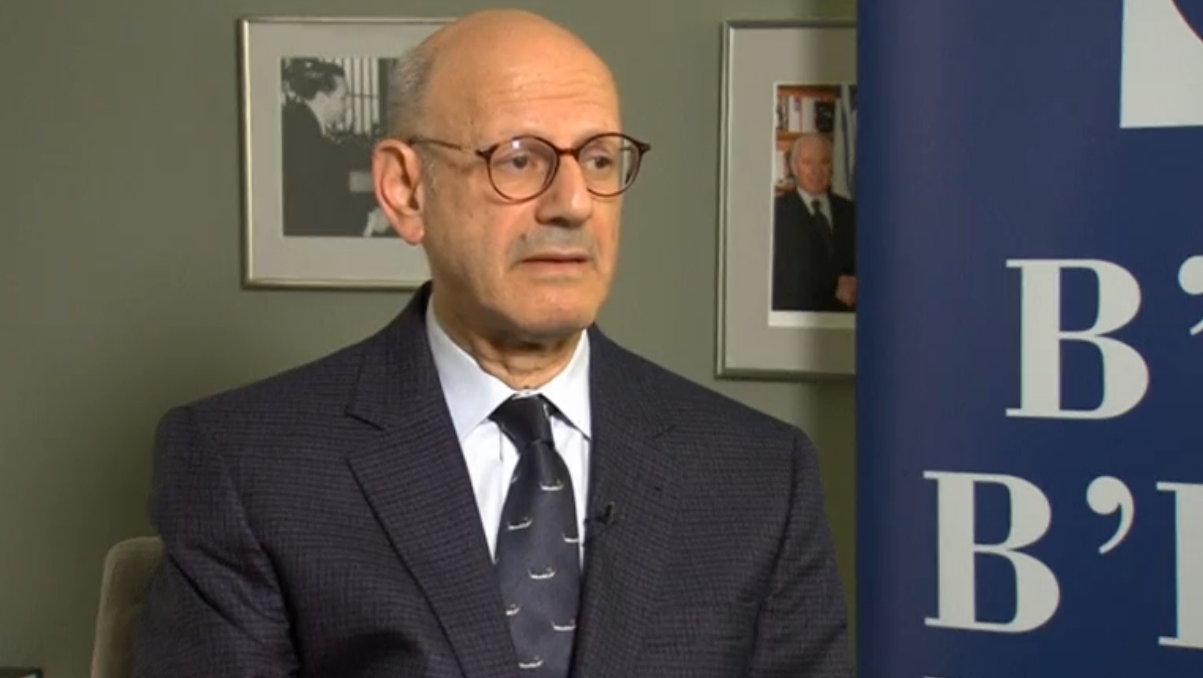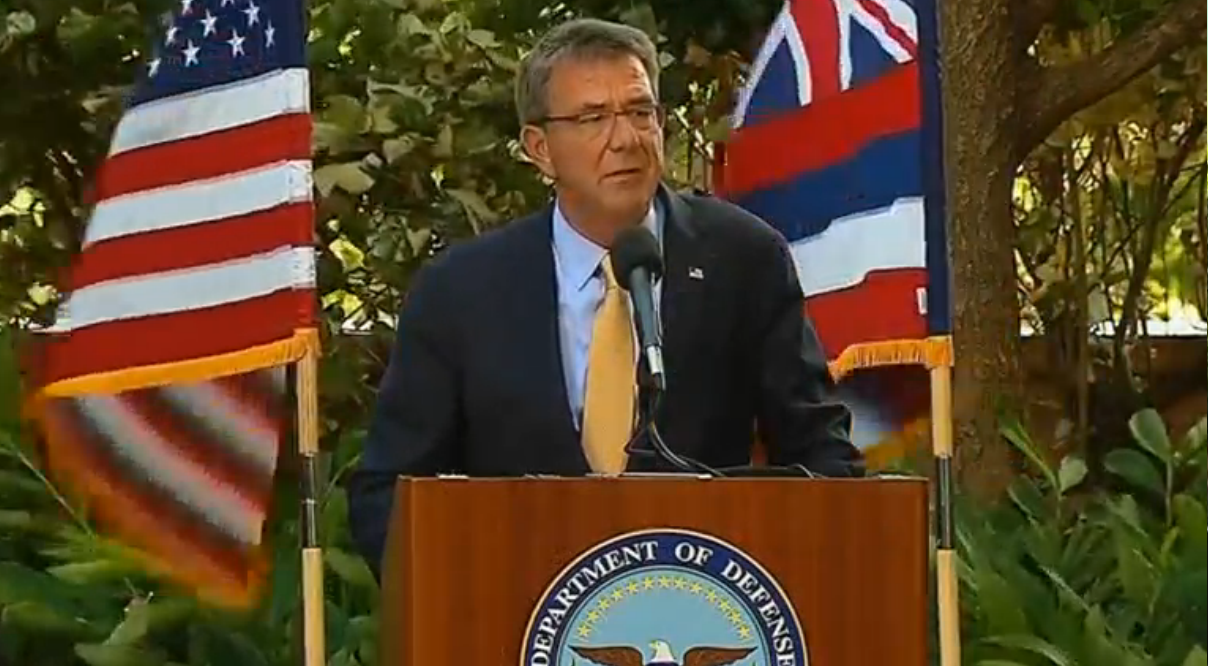
(Reuters) — The U.S. State Department on Friday (September 30) called “troubling” Philippine President Rodrigo Duterte’s comments likening himself to Adolf Hitler and saying he would be happy to exterminate 3 million drug users.
“America’s … partnership with the Philippines is … based on a mutual foundation of shared values and that includes our shared belief in human rights and human dignity,” State Department spokesman Mark Toner said. “President Duterte’s comments are a significant departure from that tradition and we find them troubling.”
The UN and Jewish advocacy group B’nai B’rith criticized the remarks, calling them inappropriate.

“I think any use of the Holocaust and the suffering of the Holocaust in comparison to anything else frankly is inappropriate and is to be rejected,” Stéphane Dujaric, United Nations spokesman said.
“They show either a high level of ignorance or a disdain for history or both,” Daniel Mariaschin (pronounced Mahr-ree ‘ah-shin), the Executive Vice President B’nai B’rith International said in Washington.

Duterte on Friday and said he would “be happy” to exterminate three million drug users and peddlers in the country.
“For someone to want to identify themselves with a person who was responsible for intending to wipe out an entire people, for engaging in genocide is simply inexplicable,” Mariaschin said.
U.S. Defense Secretary Ash Carter also said on Friday (September 30) that he found recent comments by Philippines President Rodrigo Duterte, in which he appeared to compare himself to Nazi leader Adolf Hitler, to be “deeply troubling”.

Carter was speaking at a news conference after meetings in Hawaii with the defense ministers of southeast Asian nations, including the Philippines, during which Duterte’s Hitler comments were not discussed, he said.
“Just speaking personally for myself, I find those comments deeply troubling,” Carter said.
Noting that Hitler had murdered millions of Jews, Duterte on a stop in Davao City said, “There are three million drug addicts (in the Philippines). I’d be happy to slaughter them.”
“If Germany had Hitler, the Philippines would have …,” he said, pausing and pointing to himself.
“You know my victims. I would like (them) to be all criminals to finish the problem of my country and save the next generation from perdition.”
His comments triggered shock and anger among Jewish groups in the United States, which could add to pressure on the U.S. government to take a tougher line with the Philippines leader.
Duterte was voted to power in a May election on the back of a vow to end drugs and corruption in the country of 100 million people. He took office on June 30 and over 3,100 people have been killed since then, mostly alleged drug users and dealers, in police operations and vigilante killings.








